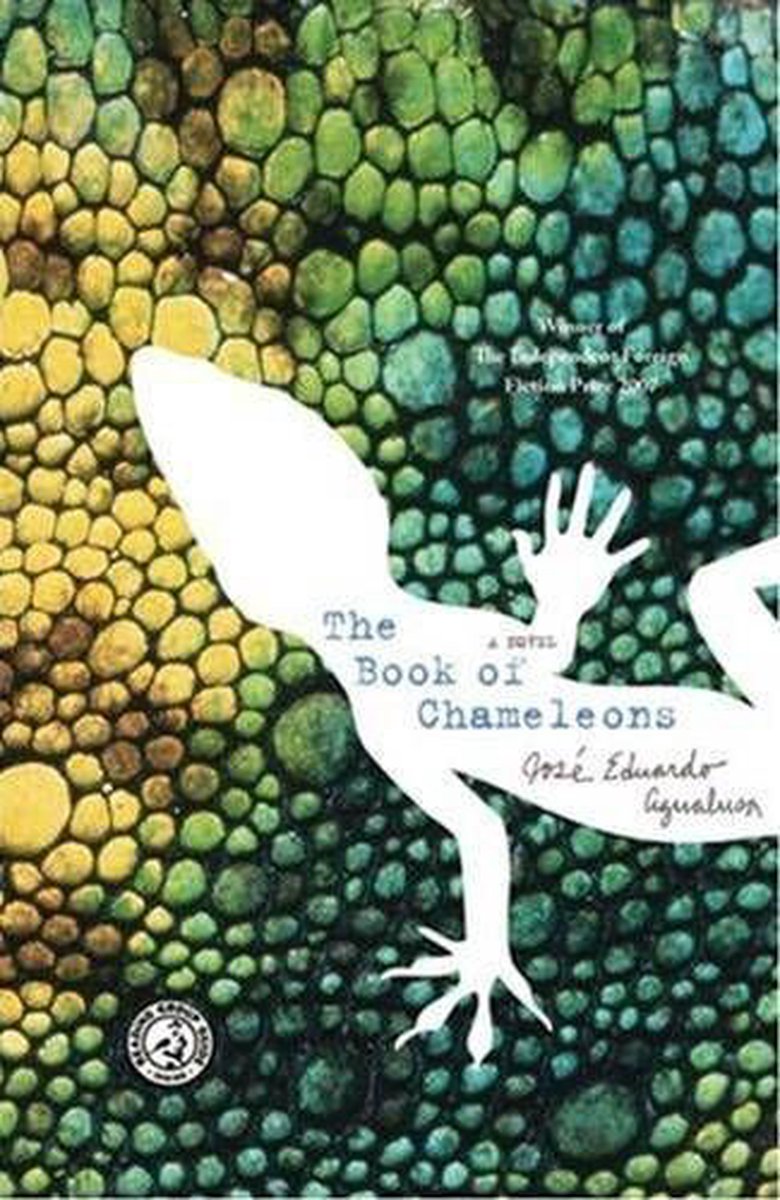
Reading Pathways: José Eduardo Agualusa
One of the most frustrating things, as a non-native English speaker and avid reader sharing bookish things amongst a majority English-speaking world, is when your favourite book or author isn’t translated into English. Luckily, mine is, and although not all of his books have an English translation, a few of my favourite ones do. José Eduardo Agualusa is an Angolan writer, and his stories are usually a mix of historical fiction and magical realism, taking place in various settings: Angola, Brazil, Mozambique, and Goa. I’ve learned various details regarding the colonial war through his work. Although his books are written assuming the reader knows the basics of the war, they are a good motivation to learn more about a war that is directly connected to Portugal and its colonialist years.
Agualusa began his career as a journalist; according to the writer, he always had trouble sticking to the facts while ignoring all the possibilities reality has to offer.
What I like the most about Agualusa’s stories is his writing, and how rich the characters are. So here is a reading pathway if you’re considering picking up a few of his books (which you definitely should).
The Book Of Chameleons
In this book, the narrator is a lizard. It lives in the house of the main character, Felix Ventura, a seller of pasts. If your past doesn’t fit you anymore, you can just order a new one and, with it, a new history and lineage.
This was the first book I’ve read by Agualusa, and I think it is a great way to start.
The story is straightforward, and unlike other books by the author, it doesn’t contain a great panoply of characters, making it a bit easier to follow.
(Listening to “Karma Chameleon” on repeat while reading this seems appropriate, but ultimately optional.)
A General Theory Of Oblivion
The main character, Ludo, is agoraphobic, and she is afraid the sky will fall down on her.
On the eve of Angolan independence, she barricades herself in her apartment, living alone and detached from society for the next 30 years.
She survives on the scarce provisions she manages to plant and harvest in her garden and pigeons she lures into it, drinking rainwater and writing her story on the walls of the apartment as the world goes on around her.
In this book you can take a good look at Angolan history, as Ludo observes the people outside her window. It was also shortlisted for the International Booker Prize in 2016.
My Father’s Wives
This is one of my favourite books by the author, but I do advise you to dive in with a notebook.
There are several voices telling this story, each chapter a different character, with no note of which specific character is talking. You will eventually figure out who the narrator of each particular chapter is, but since there are many narrators…Anyway, take note of each character you come across and how they relate to each other. I didn’t do this, because I didn’t know better. I still understood the story pretty well and enjoyed it a lot, but I’ll be sure to go into it better prepared when I do a reread.
The story focuses mainly on Laurentina, as she crosses Africa in an attempt to reconstruct the life of her late father, a musician who had seven wives and 18 kids.
I hope this guide will help you possibly discover a new author, or a new book by the author, and more about the history of Angola.

















